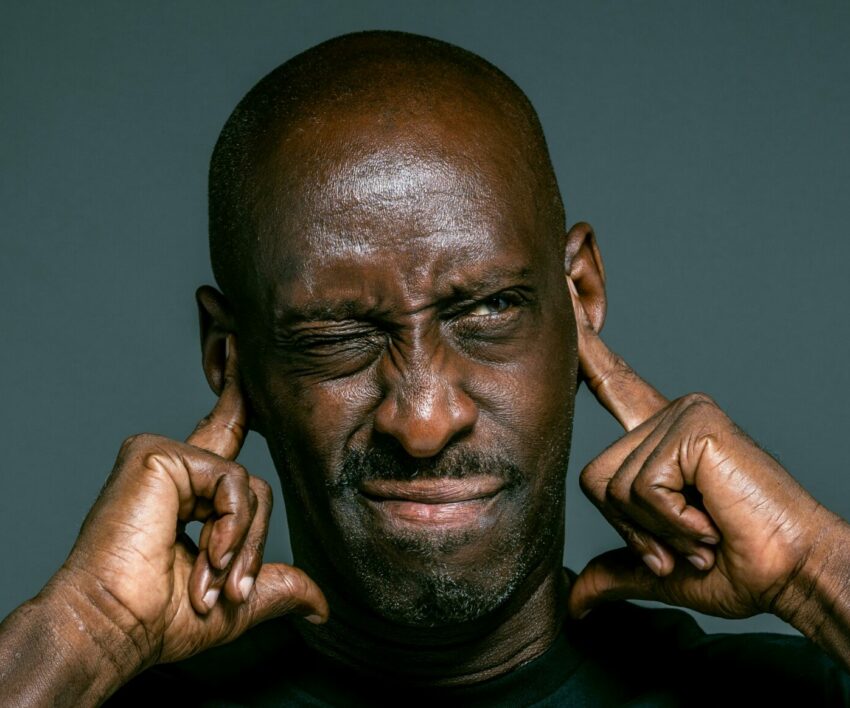
Have you ever been caught off guard by an ordinary sound, like the rustling of a chip bag or the tap of a pen that just sets your nerves on edge for no reason? For most, it’s a fleeting irritation, but for those living with misophonia, these sounds aren’t just annoying, they can trigger an overwhelming emotional response.
Imagine everyday noises feeling like a personal assault on your peace, making social situations, and even simple meals, a source of stress. Misophonia is more than just a sensitivity to sound—it’s a complex and often misunderstood condition that challenges the way people connect with the world around them.
According to the Cleveland Clinic, misophonia is a disorder causing intense emotions like anger, anxiety, or disgust due to a decreased tolerance to specific sounds and related sensory experiences. The clinic continues to explain that people can experience varying levels of trigger sounds, the severity of reactions, and impulsivity. “People can also have reactions that are more or less severe. Some people can’t control the emotions they feel but can control their responses.
“Some people can’t control either, causing them to react impulsively. In the most severe cases, people may not be able to do certain things or be in specific environments.”
The above clinic further mentions that symptoms that indicate this condition can be emotional, physical and behavioural. It is stated that when someone with misophonia gets triggered by a certain sound, emotional feelings can escalate rapidly, causing anger or rage and that there are self-protective body processes that kick in, similar to when one is in a dangerous situation.
“Behavioral responses are usually impulse or instinct-driven. That means you may not have full control over them. Violent reactions (toward either people or objects) are possible, but not common.”
WebMD claims that a recent study found that misophonia is a brain-based disorder, disrupting connectivity in parts of the brain that process sound stimulation and fight/flight responses. “Doctors aren’t sure what causes misophonia, but it’s not a problem with your ears. They think it’s part mental, part physical. It could be related to how sound affects your brain and triggers automatic responses in your body.”
Trigger sounds are different to every individual, states Healthline, they are said to include:
- Chomping or crunching
- Slurping
- Swallowing
- Loud breathing
- Throat clearing
- Sniffling
- Writing sounds
- Pen clicking
- Tlocks ticking
- Glasses or silverware clinking
Also see: Yellow flags! What jaundice tells us about our bodies




